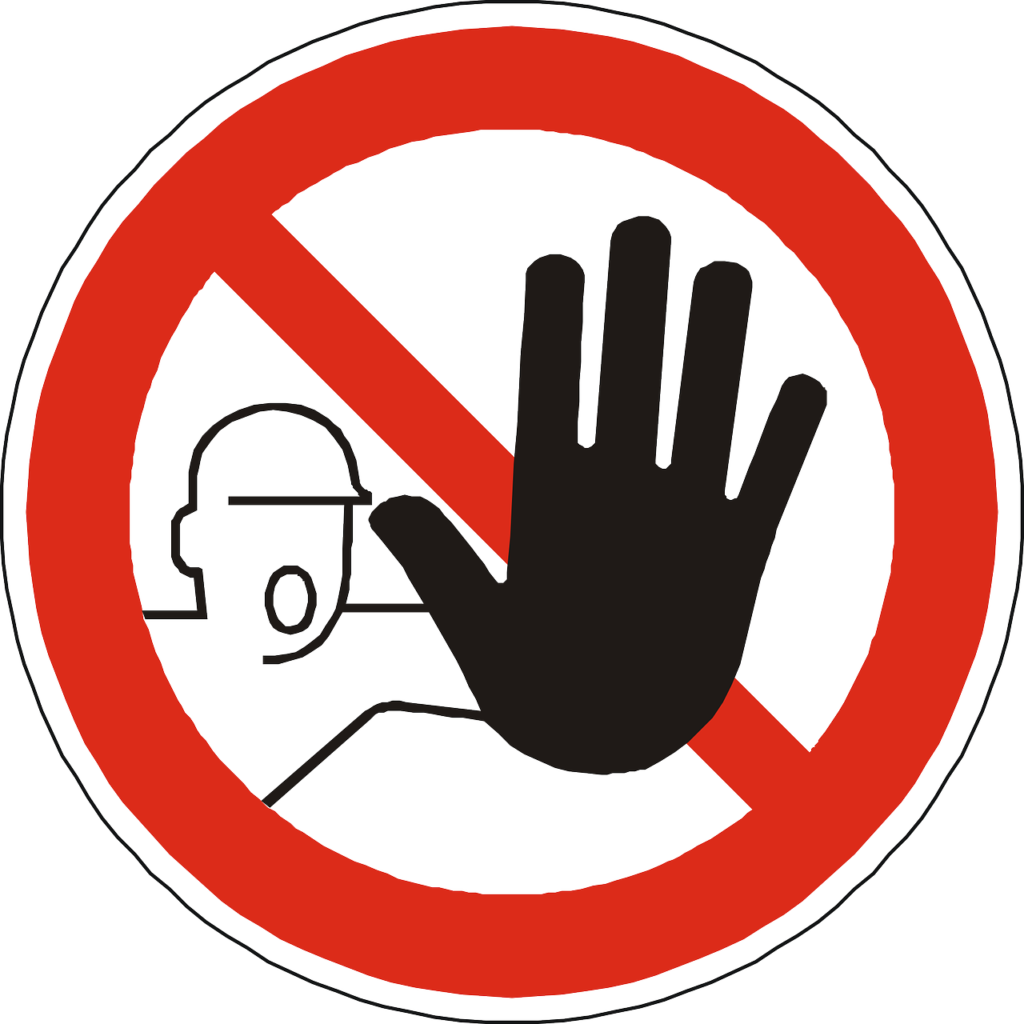
Introduction:
Training and development support is a key part of CECA’s core offer for its membership and working in conjunction with GMH Planning it has delivered a programme of training events around the NEC Form of Contract across several CECA UK regions.
In addition to this training a series of monthly NEC Contract Bulletins are being produced for both Contractors and Subcontractors to improve practical awareness on key topics within the NEC. The coverage whilst not exhaustive is intended as a general overview on some of the contractual principles to increase a wider understanding in support of more sustainable outcomes.
For the purposes of these bulletins a contractual relationship between a “Client” and “Contractor” is assumed. The same rules/principles also apply if the contractual relationship is between a “Contractor” and a “Subcontractor” and so the term “Contractor” will be used to describe both parties.
These bulletins are based on the latest NEC4 family of contracts, but the same principles and rules would apply where parties are engaged under an NEC3 form of contract.
Coming next month:
Bulletin Nr 22: Defined Cost/Schedule of Cost Components
For further advice or guidance on the NEC details please contact GMH Planning Ltd
NEC Contract focus month 21 – Role of the Supervisor
An ECC contract is between the Client and the Contractor as the named Parties. The contract goes on to identify the two specific roles that can act on behalf of the Client. The contract introduces the Project Manager and the Supervisor, who both have specific unique roles/responsibilities to carry out in accordance with the contract. The scope of the Project Manager is much broader in terms of the actions to be carried compared to that of the Supervisor. The associated clauses allocated to either the “Project Manager” or “Supervisor” that are listed in the contract index demonstrate this reality. Nevertheless, the Supervisor plays an important role in the contract and this bulletin will consider specifically the duties of the Supervisor and their contractual obligations.

What can a Supervisor instruct? There is only one instruction in the whole contract that the Supervisor has the power to give, which is to search for a defect if they believe one to exist (clause 43.1). This would be where the Supervisor has good reason to believe that a defect may exist, but the works have since been covered up. It may be buried under ground or simply covered up by follow on works. If a Supervisor instructs an element to be uncovered and no defect is found, the cost of uncovering and then reinstating would be recoverable as a compensation event (clause 61.1(10)) UNLESS the Contractor had not given the Supervisor sufficient notice to inspect before the works had been covered up. This is a key point to remember!
What are the main duties of a Supervisor? The Supervisor role could be likened to a “clerk of works” type role that is identified in other forms of contract. They are primarily there to get involved with tests and inspections as well as to identify any defects that may exist. The Supervisor will be named in contract data 1, although that named Supervisor may delegate any of their actions to someone else, after first notifying who they are delegating to in writing to the Contractor. The Supervisor may still carry out an action that they have delegated i.e. either the Supervisor or the named delegate can act at any point in accordance with the contract.

Tests and Inspections. The Contractor and Supervisor inform each other of any tests and inspections before they are carried out and inform each other of the results. Any requirement for a formal “inspection and test plan” will typically either be included within the Scope or agreed between the Parties following contract award. The Contractor will need to ensure that these obligations have been suitably considered within the programme and that any ambiguity or subjectivity around the detail of the inspection and test plan are addressed prior to submitting it for approval / agreement. For instance, if you agree or are required to test and inspect an electrical cabinet, what does that include? Every circuit or just a percentage (be it on site or in the factory)? The Supervisor has the right to watch any test done by the Contractor. Any tests and inspections done by the Supervisor should be carried out without causing unnecessary delay to the works or delaying a payment which is conditional on the test or inspection being successful, otherwise this could result in a further compensation event to the Contractor (clause 60.1(11)).
The Supervisor and Contractor should notify the other as soon as they become aware of a defect. A Contractor is obliged to correct a defect whether or not it has been notified by the Supervisor.
The Scope may identify materials that require to be tested before they are allowed into the Working Areas. The Supervisor will notify when these materials have passed the test or inspection, and not until that point are they permitted into the Working Areas.
Other responsibilities of the Supervisor. It is the Supervisor who issues the Defects Certificate. This is at the defect date if there are no notified Defects, or at the end of the last defect correction period or date when all notified defects have been corrected.
Where necessary or relevant, the Supervisor marks Equipment, Plant and Materials which are outside of the Working Areas if the contract identifies them for payment and the Contractor has prepared them for marking as the Scope requires.

What can a Supervisor NOT notify or instruct? Pretty much everything else not already mentioned in this bulletin. A majority of notifications and instructions identified within the contract are the jurisdiction and responsibility of the Project Manager. For example, the Project Manager is the only one who can issue an instruction to change the Scope, not the Supervisor. The only way the Supervisor would have any such power is if the Project Manager has specifically delegated any of their powers to the named Supervisor, and again that this has been communicated to the Contractor.
Summary – The Supervisor without any delegated powers from the Project Manager has very few specific responsibilities under the contract. They are mainly there to carry out or witness tests and inspections (particularly those that will subsequently be covered up by follow on works) and to identify defects. They are also responsible for issuing the Defects Certificate at the end of the project.

